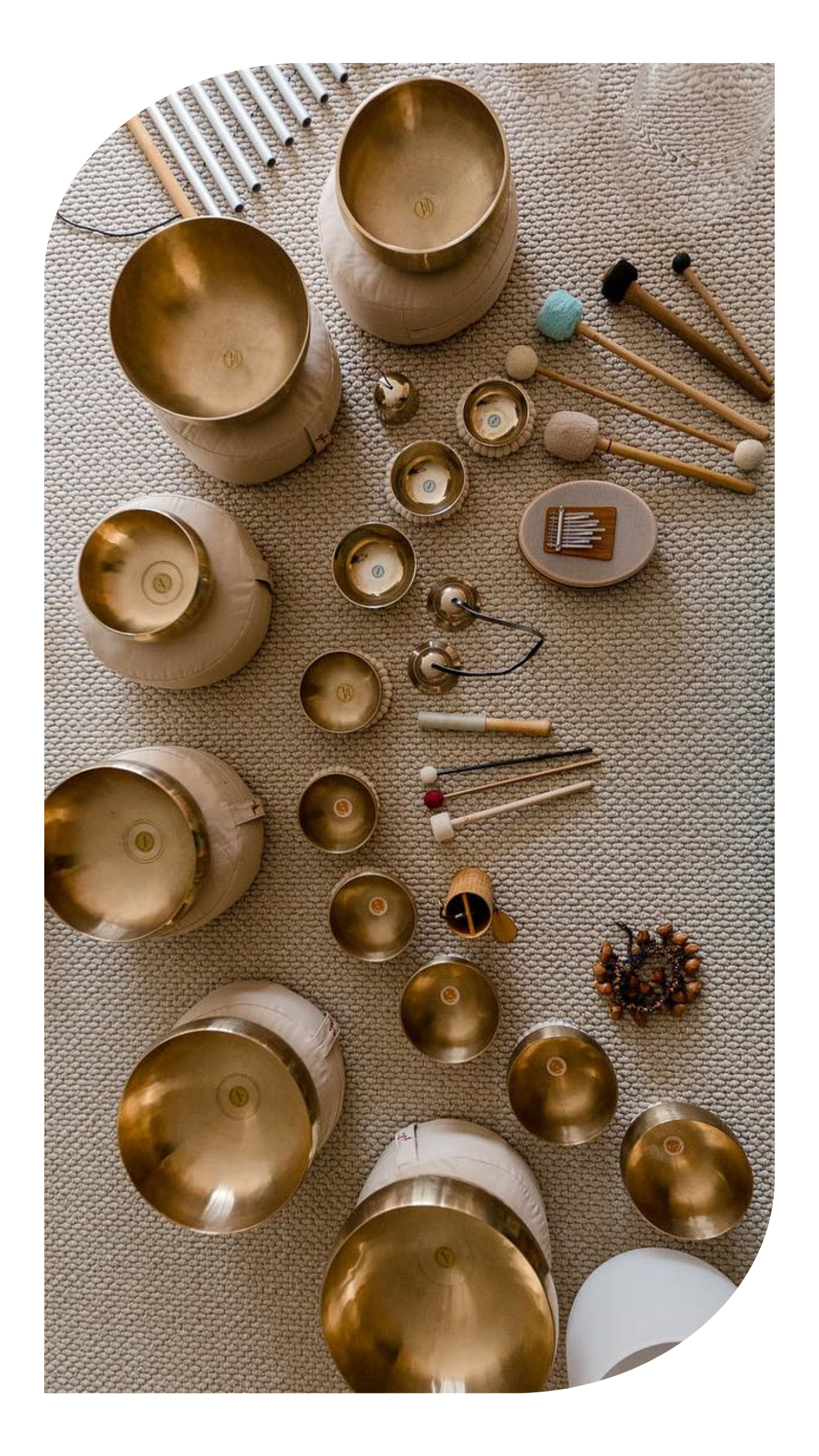by GENEVIEVE MULLINS
The festive season is notoriously a time when people give themselves permission to overindulge in food and alcohol. After all it’s hard to resist extra servings of that delicious honey glazed ham or grabbing one more homemade rum balls.
Once the joys of the holiday season have come to an end and as we head into the New Year, this may be the perfect time to re-establish or begin good eating habits. Often times, people will set vague and unattainable New Year’s resolutions, i.e., desire to start a diet and lose weight, however research finds, out of 73% of Australian who make new year’s resolutions only 8% manage to keep them.
Instead of drastically changing your lifestyle in the hope of reaching the chosen goal – with the consequence of feeling too overwhelmed and losing interest – there are small lifestyle choices that can be made on a daily basis that won’t leave you feeling deprived. Denying yourself foods you love will only cause you to dislike healthy nutritious food. Instead, give yourself the freedom to enjoy any and all foods in moderation.
The key to a well-balanced diet consists of a variety of nutritious foods from each of the Five Food Groups. These Five Food Groups make up the Australian Guide to Healthy Eating. Though saturated fats should be limited, it is acceptable to enjoy a chocolate treat once in awhile. After all, chocolate releases endorphins, which makes us feel good. On that note, chocolate shouldn’t be used in excess to boost mood. There are other viable ways to increase your feel good hormones, such as exercise, hugging a loved one, or simply listening to music.
Eating a well-balanced diet can lead to positive changes in your everyday life. Good nutrition is found to:
- Increase energy levels
- Help to achieve or maintain a healthy weight
- Improve mood and stress levels
- Help prevent or reduce the risk of some conditions, such as heart disease, type 2 diabetes and even some cancers
One of the best ways to reduce the risk of cancer is by including disease-fighting foods in your diet. Specific foods, such as fruits, vegetables, wholegrains, and other plants contain powerful compounds – called phytochemicals – that protect cells from damage that could lead to cancer.
Plant Based Foods
Many Australians don’t incorporate sufficient vegetables and fruits in their daily diets. Research reveals only 5.5% of Australian adults have an adequate usual daily intake of fruit and vegetables. While 48.5% of Australian adults reported that they usually met the guidelines for daily fruit intake (2 serves per day), only 8.2% met the guideline for daily vegetable intake (5 serves per day).
Fruits and vegetables contain lots of vitamins, minerals and antioxidants, which may help to decrease your risk of cancer in particular areas of the digestive system, such as the mouth and stomach. Data from the large EPIC study found an association with intake of fruit and vegetables and reduced overall cancer risk. These results don’t come as a surprise as fruit and vegetables may have an indirect effect in the preventative of certain cancers because they are relatively low in kilojoules (energy) and consumption is associated with a healthier weight.
TIP: If eating a whole piece of fruit is unpalatable for you, try cutting up some of your favourites and adding to your breakfast cereal.
Otherwise, why not try a goodness smoothie with some seasoned fruit, spinach/kale, spoonful of almond/peanut butter/honey and choice of your preferred milk.
Dietary Fibre
Fibre is the indigestible part of plants and carbohydrates. Foods like vegetables, fruits, wholegrains, legumes, nuts and seeds are high in fibre. Dietary fibre passes through the small intestine relatively unchanged and into the large intestine (colon) where it is fermented by bacteria – promoting gut health and reducing cancer risk.
Studies have confirmed high intake of dietary fibre, in particular cereal fibre and whole grains, is associated with a reduced risk of colorectal cancer.
There are several ways in which fibre helps to reduce cancer:
- Binds to carcinogens – agents capable of initiating the development of cancer – and moves through the bowel, expelling from body
- Good bacteria found in the colon convert fibre into short-chain fatty acids. Short-chain fatty acids assists in reducing the ability of cells in the intestine to become cancerous
- Since Fibre takes longer to digest and keeps us feeling fuller for longer, this in turn plays a key role in maintaining a healthy body weight
- High resistant starch content results in faster fat burner and increases insulin level, therefore reducing risk of diabetes and some cancers
The Heart Foundation recommends that adults should aim to consume approximately 25-30g of fibre daily. It’s important to include different types of fibre from a variety of plant foods.
TIP: Start your morning the right way with some delicious overnight oats. Oats are rich in fibre, carbohydrates, plant-based protein, b vitamins and iron. To boost your oats with extra goodness, why not soak your oats with chia seeds. Chia seeds contain a good source of fibre, omega-3 fatty acids, antioxidants, iron and calcium. In the morning all that is required is adding some toppings of your choice (fruit, peanut butter, granola) and voilà!
Red Meat and Processed Meat
The World Health Organisation has classified processed meats as a Group 1 carcinogen (known to cause cancer). Processed meat is the process of preserving, smoking, salting, curing or adding chemical preservatives. Processed meat can include ham, salami, bacon and frankfurts. There are three chemicals in processed meat that are found to damage the cells in the colon and rectum – over time leading to a greater risk of cancer. Though, one of these chemicals occur naturally in meat, the others have been added during processing or produced when cooking.
- Haem (a red pigment found mostly in red meat)
- Nitrates and nitrites (used to keep processed meat fresher for longer); and
- Terocyclic amines and polycyclic amines (produced when meat is cooked at high temperatures)
Red meat, such as beef, lamb and pork are identified as Group 2A carcinogen. This classification means there is ‘probable’ chance too much red meat can cause cancer. On that note, red meat has a good source of vitamin B-12 and iron, which the body needs to produce new red blood cells. Red meat is also high in protein, which is necessary to build and repair muscles, bones, tissues and enzymes.
The question is – What is the recommended consumption of red meat before it becomes detrimental to one’s health? The Australian Dietary Guidelines recommend the consumption of 455g per week, which equates to three to four small pieces (i.e., the size of the palm of your hand) of cooked red meat.
Alternatively if you follow a vegetarian or vegan diet, replacing red meat with eggs, tofu or cooked legumes (such as lentils, chickpeas, split peas, dried or canned beans) will ensure you are reaching the recommended daily intake of protein, iron and other micronutrients.
Tips for Cutting Down on Meat:
- Pay attention to your portions. If you are feeling ravenous, avoid adding more meat – try include more veggies and beans to bulk up your meals
- Opt for leaner cuts of unprocessed meat, such as sirloin steak or tenderloin. These cuts are considered healthier as they are unprocessed and do not contain excess salt, fat or preservatives
- Have meat free days – pick a day (or days) to not have meat at all
- Look for recipes that include chicken, fish or even tofu instead of processed and red meat
Understanding how to make the right food choices plays a vital role in our health and wellbeing. Eating well and limiting salt intake in turn has the power to not only reduce numerous diseases and cancers, but also rejuvenates our mind and body – allowing better sleep, energy levels and brain function.
Good nutrition doesn’t have to be a laborious chore, in fact it can be quite the opposite. With a little thought and preparation you’ll discover there are surplus meal ideas online that are easy, nutritious and appetizing.
Genevieve’s fascination with the mind and its impact on human behavior led her to pursue a Bachelor of Psychology, at QUT, and then further continued to complete an honours degree, at University of Sunshine Coast. Genevieve envisions her future to embrace a career assisting adults in discovering the cause of psychological issues and in turn providing guidance to alleviate pain and suffering. When she’s not working full time, Genevieve can be found relaxing at a coffee shop, jogging along the boardwalk of the Brisbane River, partaking in an early morning yoga class, or simply reading a good novel with a cup of tea.






